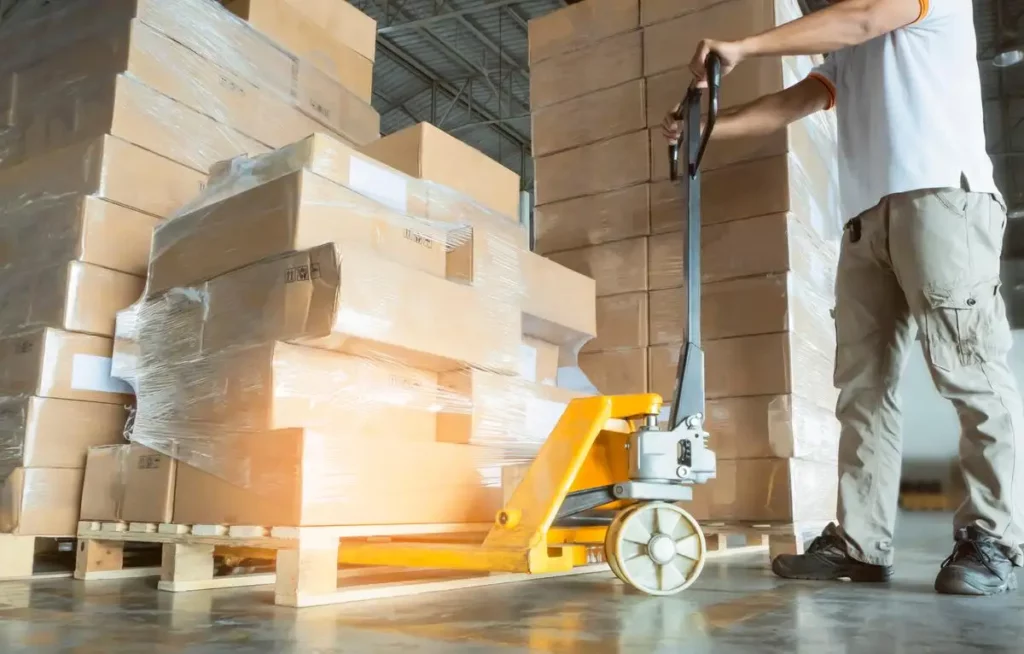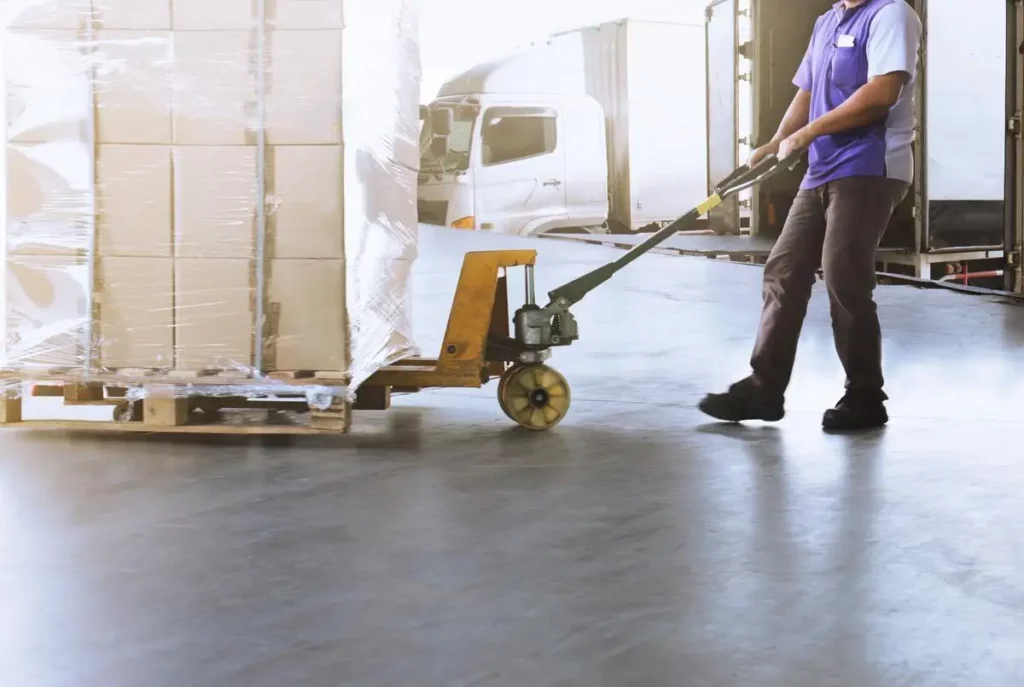When it comes to the fast-paced world of logistics, efficiency is the name of the game, and Cross-Docking services are a game-changer. But what happens when things go wrong, and loads get rejected? That’s the problem we’re going to unpack today.
Rejected loads can be a logistical nightmare, causing disruptions, financial headaches, and unhappy clients. But fear not, because Cross-Docking in Denver is here to save the day. In this article, we’re diving into how these services can swoop in and rescue those rejected loads, making your operations smoother, saving you money, and keeping your customers smiling

The Challenge of Rejected Loads
Rejected loads are essentially what they sound like—shipments that don’t meet the mark, the quality standards, or the expectations set forth by either the supplier or the recipient. These loads, which were supposed to seamlessly move from point A to point B, hit a roadblock somewhere along the way, leading to a logistical hiccup that no one wants to deal with.
Loads are primarily rejected for three reasons:
- Damaged Goods
- Incorrect Labeling or Documentation
- Temperature Deviations
Furthermore, rejected loads come with a plethora of problems. When a load is rejected, it’s not just a minor inconvenience; it’s a cascading series of problems that can disrupt the entire supply chain, leading to problems such as:
- Financial Losses
- Damage to Customer Relationships
- Operational Disruptions
How Cross-Docking Services Can Help
However, if you’re a supplier, then Cross-Docking services can help you prevent all these issues by implementing the following protocols and procedures.
1. Rapid Inspection and Reconditioning
Cross-Docking facilities excel at spotting damaged items in the blink of an eye. Whether it’s a crushed box or a fragile item in distress, they act promptly to minimize losses by salvaging, repairing, or replacing the damaged items.
Sometimes, it’s a paperwork mix-up that leads to a rejected load. Cross-Docking experts meticulously review labels and documentation, swiftly resolving any errors to ensure accurate cargo identification and on-time dispatch.
2. Temperature-Sensitive Goods Management
Denver’s Cross-Docking facilities boast specialized zones that maintain precise temperature environments. This means that perishables, pharmaceuticals, and other sensitive cargo remain at the ideal temperatures throughout the process.
For temperature-sensitive shipments facing unexpected variations, Denver’s experts take immediate action to rectify the issue, ensuring that cargo stays in optimal condition.
3. Seamless Integration with Transportation
Cross-Docking seamlessly integrates with transportation networks. When load rerouting is necessary due to unforeseen circumstances or changing priorities, these facilities make quick, efficient route adjustments to minimize delays.
Additionally, time is money in logistics. Cross-Docking services understand this well and ensure that shipments are swiftly back on track, reaching their destinations with minimal delays.
Services offering Cross-Docking in Denver are your insurance against logistical nightmares. They step in, inspect, recondition, and ensure rejected loads reach their intended destinations without disrupting your operations.
Choosing the Right Cross-Docking Provider
Selecting the perfect Cross-Docking partner is akin to choosing the right co-pilot for your flight through the world of logistics. Denver offers an array of cross-docking providers, but making the right choice is pivotal. Here’s your roadmap to finding the ideal cross-docking partner:
Factors to Consider When Selecting a Cross-Docking Partner
Location and Accessibility: The first checkpoint on your list should be the provider’s location. It’s all about proximity to major transportation hubs and your distribution network. A strategically situated partner can significantly reduce transit times and costs.
Facility Capabilities: Delve into the provider’s facility capabilities. Do they have the necessary technology, equipment, and temperature-controlled zones to handle your specific cargo requirements? Ensure their capabilities align with your logistical needs.
Track Record and Reputation: Reputation is gold in the logistics world. Investigate the provider’s track record. Are they known for efficiency, reliability, and a history of successful load rescues? Don’t hesitate to seek references and read reviews.
Conclusion
As we sign off, remember that cross-docking isn’t just a solution; it’s a transformative force in the logistics industry. It empowers logistics professionals to navigate the ever-evolving landscape with agility and resilience.
Ready to revolutionize your logistics? Explore Cross-Docking solutions and partner with experts in the field. Don’t let late truck arrivals hold your supply chain back. Embrace the future of logistics with Cross-Docking and stay ahead of the game by contacting Mile High Delivery & Cold Storage.

